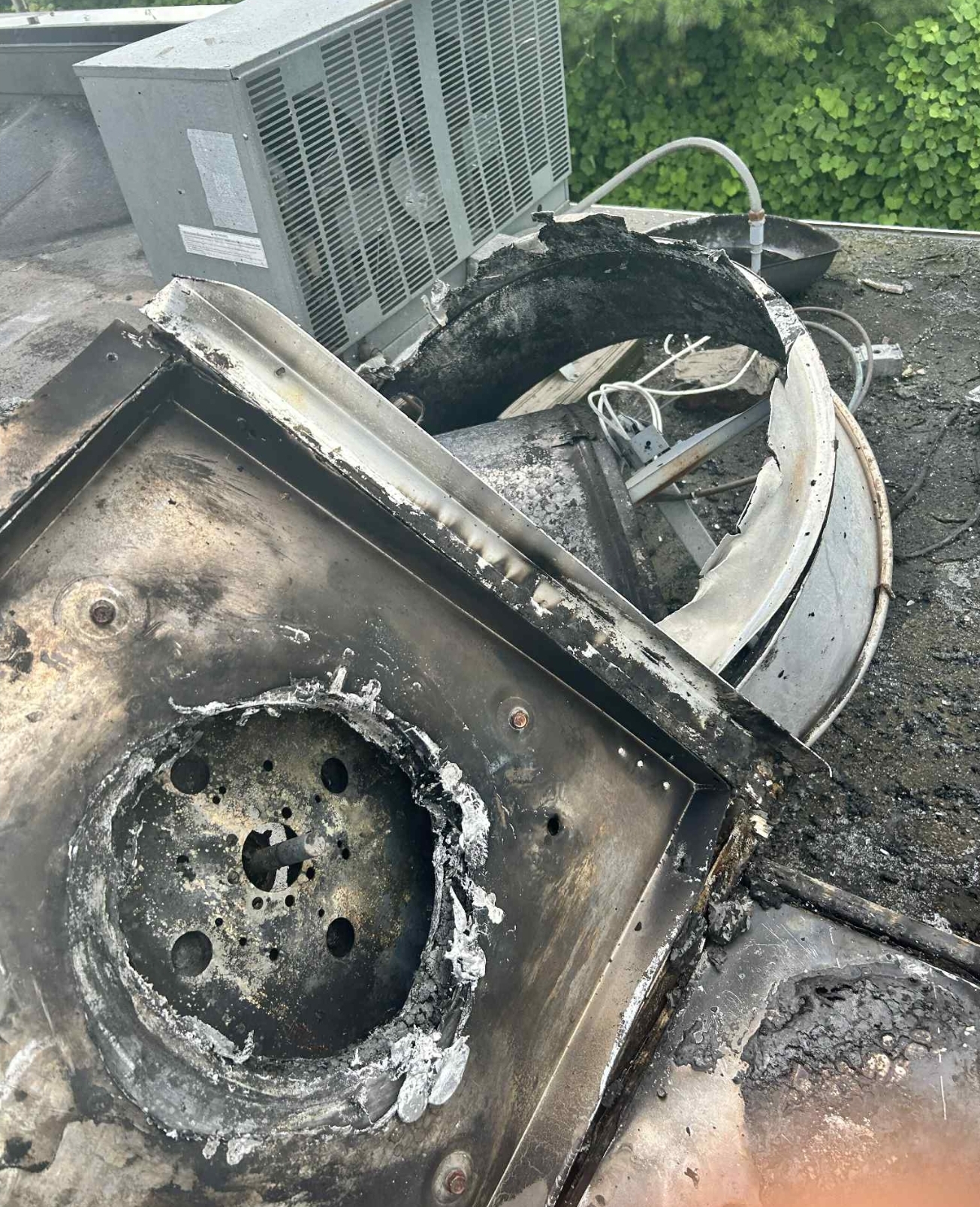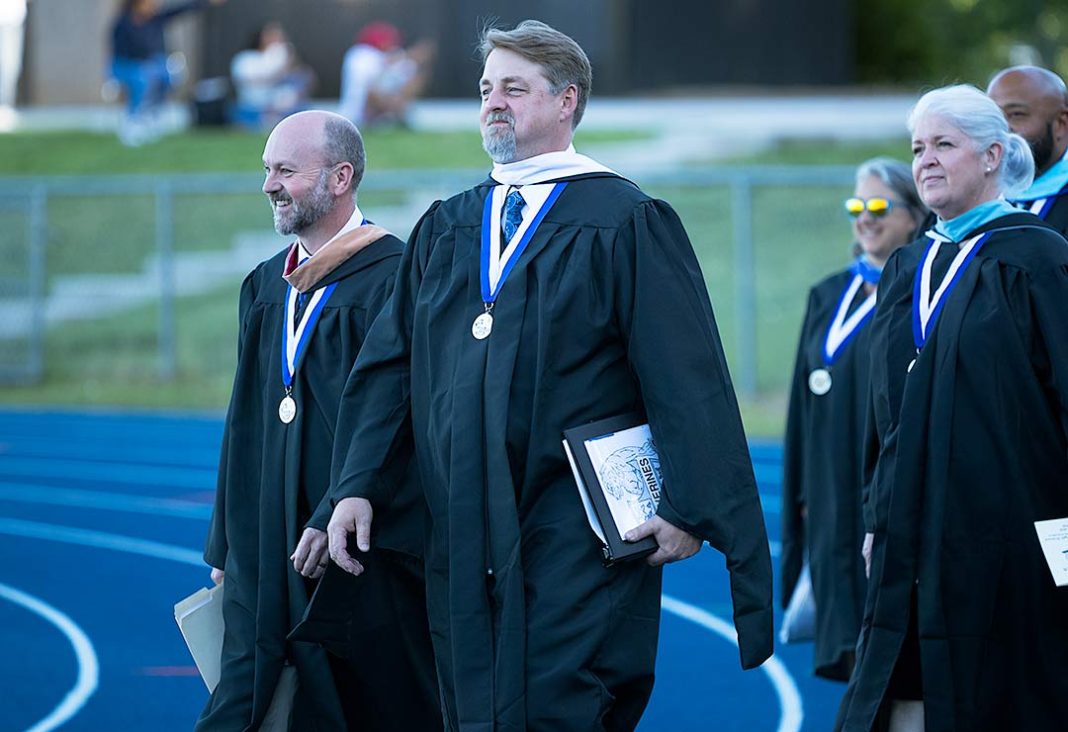What is good capitalism?
Published 10:00 pm Wednesday, June 22, 2016
Several years ago the Polk County Community Foundation sent a group of new Saluda Community Land Trust (SCLT) board members, as well as a Pacolet Area Conservancy board member, to a series of lectures sponsored by the Schumacher Society.
Although these lectures focused on conservation issues, they covered a broad range of ideas and principles that affect community development, land preservation, sustainable farming, etc. One of the lectures was about capitalism; it’s one that I distinctly remember because I thought it would be boring, but it is one that I have remembered and thought about ever since.
The speaker, Benjamin Barber, began by introducing the concept that not all capitalism is created equal. The purpose of capitalism is to provide people with a vehicle with which to provide a service or product to society and be compensated for that service.
Add to that fact the idea that good capitalism is a means by which a society can provide for its needs while compensating those who fulfill those needs. The important word in that last sentence is the word ‘needs.’ Wants and needs are completely different.
Capitalism as we know it today is geared towards providing for our wants, those wants often being marketed through creative advertising.
One of the themes of this lecture was that our capitalist system is in big trouble because we have lost sight of the real, and moral, basis of capitalism, and some people have figured out how to make a whole lot of money without actually adding value to our society.
As interesting as this might be, why have I brought this up in a Conservation Corner? It has to do with my thoughts after watching the recent ‘grand premiere’ viewing of a documentary of Saluda’s historic music traditions. [It’s a good documentary entitled “Going Home: Saluda’s Music Traditions” – buy it and watch it yourself.]
Saluda was famous in this area for its weekly square dances, from the 1920s on up until the early 1980s. Those dances brought adults and children, out-of-towners and locals together. Everyone loved the music and the dancing, in a hot school gymnasium long before anyone had heard of air-conditioning.
As you might guess, many of the folks interviewed bemoaned the fact that those days are gone. Music now is played in restaurants and nightspots, most of which serve alcohol, much to the ire of the older Saluda natives. We do have the Top of the Grade concerts once a month, thanks to funding from the Polk County Community Foundation, and those do help bring the community together.
What one of the folks interviewed for the documentary said is what got my brain churning: “If they [the newcomers of the 1980s] wanted things different than what was here, why didn’t they go somewhere else? Why did they come here and start changing everything?”
Allen and I came to Saluda in 1979, along with a bunch of young families just like us: the Lamars, the Stoneys, the DeKays, the Thomases, the Bellemys, the Prudhommes, the Billeters, the Igoes … just to mention a few. We came to Saluda because it was a good place to raise children, and land was cheap. We could live in Saluda, in a small community where one parent could to stay home with our young children, while the other went out to earn a living. We chose a lifestyle.
But in the early 80s, downtown Saluda was essentially dead; there were no jobs. The yarn mill had closed, the inns were empty, and most of the shops went out of business after I-26 took all the tourist traffic away from Main Street. Some of us got jobs waitressing, making hammocks, cleaning houses; our husbands did carpentry, plumbing, delivering mail, electrical work, yard work, and a few could eek out a living doing art.
With time we started trying to figure out what the community needed, and what we could do for income that fitted with the needs of the community. The Wildflour Bakery and the Purple Onion were created, both which included catering for local events. A construction business was created. The Saluda School Art program was initiated by this group. One became the art teacher. One newcomer delivered mail for 30 years. One runs a consignment shop and donates a percentage of the sales price to local non-profits. One became a nationally renowned artist. A group of us who created SCLT have been able to help local landowners in all sorts of ways: lowering their property taxes, conserving farmland, controlling invasives, etc.
All of these people have volunteered throughout the community, and raised their children to do the same. Did they change the community? Yes. Did they do their best to preserve the core values of the community, while allowing the younger generation to survive? Yes.
Did they try to make a lot of money by selling off our beautiful natural resources to the highest bidder for residential or commercial development? No.
Is Saluda a healthier, more vibrant place than it was when they came? Yes.
I say that’s capitalism at its best!





